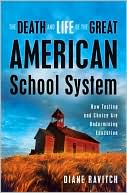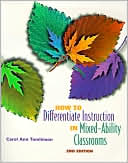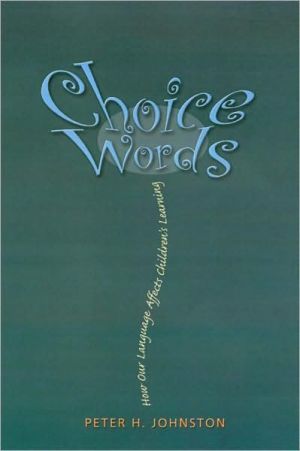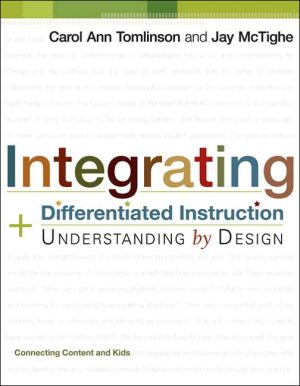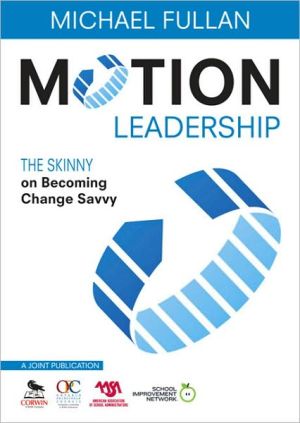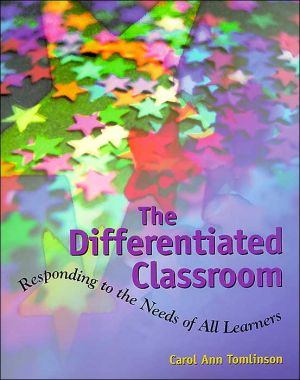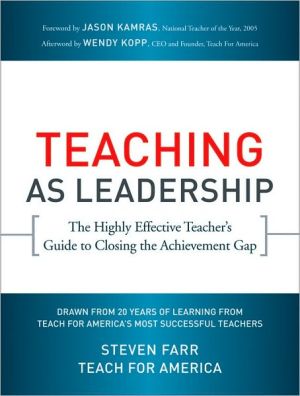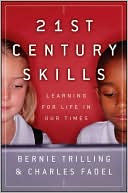Vouchers Within Reason: A Child-Centered Approach to Education Reform
Observing the storm of recent debates around school vouchers, James G. Dwyer concludes that the welfare of children has been routinely subordinated to the interests and supposed rights of various groups of adults-parents, teachers, taxpayers, and advocates for ideological causes. Dwyer argues that a truly child-centered approach to education reform would yield dramatically different conclusions regarding the morality and constitutionality of government initiatives to improve public and...
Search in google:
Observing the storm of recent debates around school vouchers, James G. Dwyer concludes that the welfare of children has been routinely subordinated to the interests and supposed rights of various groups of adults--parents, teachers, taxpayers, and advocates for ideological causes. Dwyer argues that a truly child-centered approach to education reform would yield dramatically different conclusions regarding the morality and constitutionality of government initiatives to improve public and private schooling in America.Dwyer makes the case that state funding of religious and other private schools is not only permissible, but mandatory, as a moral and constitutional right of the children already in private schools. In Vouchers within Reason, he also demonstrates the necessity of attaching to that funding robust standards for the content and nature of instruction and for treatment of students. These are just the sort of regulatory strings that most current supporters of vouchers fear. In the author's view, vouchers represent an opportunity for states to accomplish what they have been unable to do in the past--namely, to bring academic accountability to religious schools, many of which fail to provide a good secular education. He sees voucher programs that are now in place as morally irresponsible and clearly unconstitutional, however, because they require almost nothing of recipient schools in return for the funding. This book reorients the hot topic of universal school vouchers in a new and vital direction that may change the minds of scholars, educators, and policymakers alike. Library Journal Dwyer (Marshall-White Sch. of Law, William & Mary), who advocated the state regulation of parochial schools in Religious Schools v. Children's Rights (LJ 7/98), here continues his argument from a different angle. He makes a strong case for educational vouchers, arguing that they offer the most child-centered options available for obtaining good schooling. Too many children are stuck in poor schools, both public and private, because, he argues, adult-centered thinking rejects using public funds for private schools on the grounds that it violates separation of church and state. Dwyer contends that children should be permitted to enroll at any private school that meets mandated standards, and he supports his view with legal precedents. Since private schools are now virtually unregulated, and many do not provide an adequate secular education, they would be forced to reform their curricula to be eligible for voucher participation. The plan proposed by Dwyer would restrict voucher money to the secular aspects of school programs and thus sidestep the issue of separation of church and state. His assertions are provocative, and his recommendations for an ideal voucher system are compelling. Highly recommended for academic libraries. Will Hepfer, SUNY at Buffalo Lib. Copyright 2001 Cahners Business Information.
\ From the Publisher"In this timely and important book, James Dwyer lays out the fundamental problems surrounding school voucher programs that include religious schools and argues for greater public regulation of all private schools."-Stephen Macedo, Princeton University\ "This is a thoughtful analysis of a controversial issue that will appeal to readers on both sides of the debate."-Vanessa Bush, Booklist, 11/01\ "Dwyer makes a strong case for educational vouchers, arguing that they offer the most child-centered options available for obtaining good schooling. . . . His assertions are provocative, and his recommendations for an ideal voucher system are compelling."-Library Journal, January 2002\ "Dwyer's Vouchers within Reason highlights a number of education issues that are rarely discussed in the literature about education reform, namely the lack of state and federal regulation of private schools, the distinction between the educational interests of children and those of their parents and other adults, and the role of the state in providing a 'good' education to all children including those in private schools. . . His examination of how adults perceive the interests of children challenges educators, scholars, and policy makers to reflect critically on the interests they hold in children's education and the meaning they assign to adult representation of children's interest in education policy deliberations."-Terri B. Davis, Lamar University. The Law and Politics Book Review, Vol. 12, No. 5, May 2002\ "Finally, someone on the left has presented a thoughtful rationale for why leftists should favor vouchers: They can use vouchers to push religion out of private schools and further reduce the ability of parents to inculcate their values into their children. . . . Following Dwyer's logic, if the state grants parents the option of enrolling their children in a private school, there should be no question about the state's right to control what goes on in private schools, whether or not it funds them."-Cathy Duffy, Carolina Journal, April 17, 2003\ "Dwyer's analysis is extremely thoughtful and his conclusions powerful . . . . He makes the case that when the interests of all children are put first, 'state funding of religious and other private schools is not only permissible, but mandatory as a moral and constitutional right of the children already in private schools.' . . . This book is a must-read for anyone interested in the public policy issues surrounding education vouchers."-Choice, 40:2, October 2002\ \ \ \ \ \ Library JournalDwyer (Marshall-White Sch. of Law, William & Mary), who advocated the state regulation of parochial schools in Religious Schools v. Children's Rights (LJ 7/98), here continues his argument from a different angle. He makes a strong case for educational vouchers, arguing that they offer the most child-centered options available for obtaining good schooling. Too many children are stuck in poor schools, both public and private, because, he argues, adult-centered thinking rejects using public funds for private schools on the grounds that it violates separation of church and state. Dwyer contends that children should be permitted to enroll at any private school that meets mandated standards, and he supports his view with legal precedents. Since private schools are now virtually unregulated, and many do not provide an adequate secular education, they would be forced to reform their curricula to be eligible for voucher participation. The plan proposed by Dwyer would restrict voucher money to the secular aspects of school programs and thus sidestep the issue of separation of church and state. His assertions are provocative, and his recommendations for an ideal voucher system are compelling. Highly recommended for academic libraries. Will Hepfer, SUNY at Buffalo Lib. Copyright 2001 Cahners Business Information.\ \

